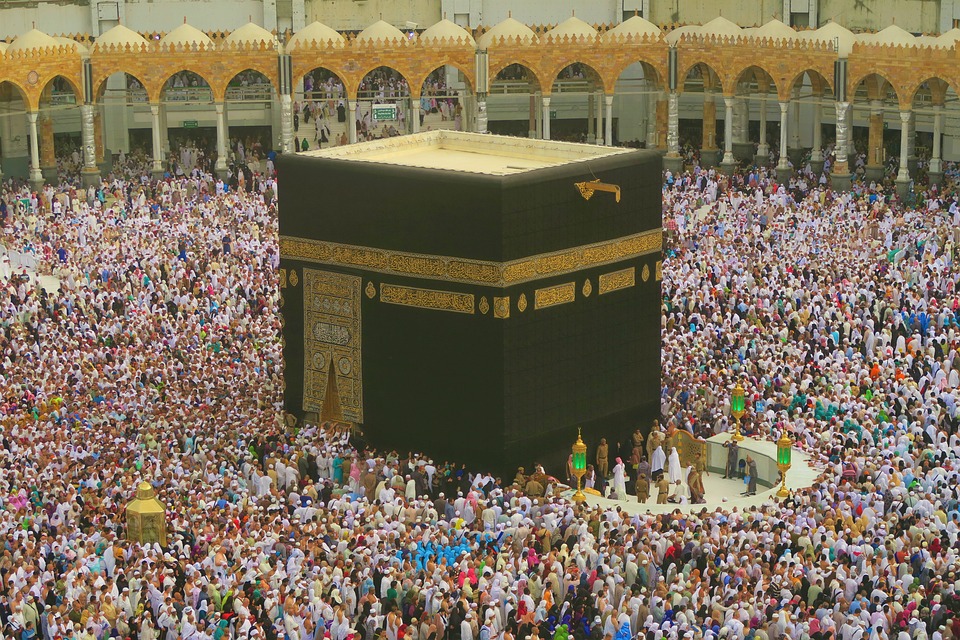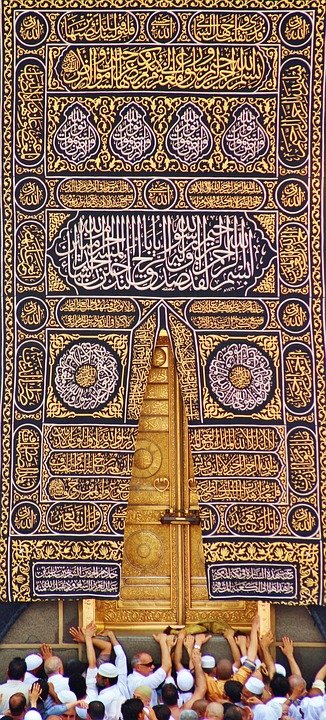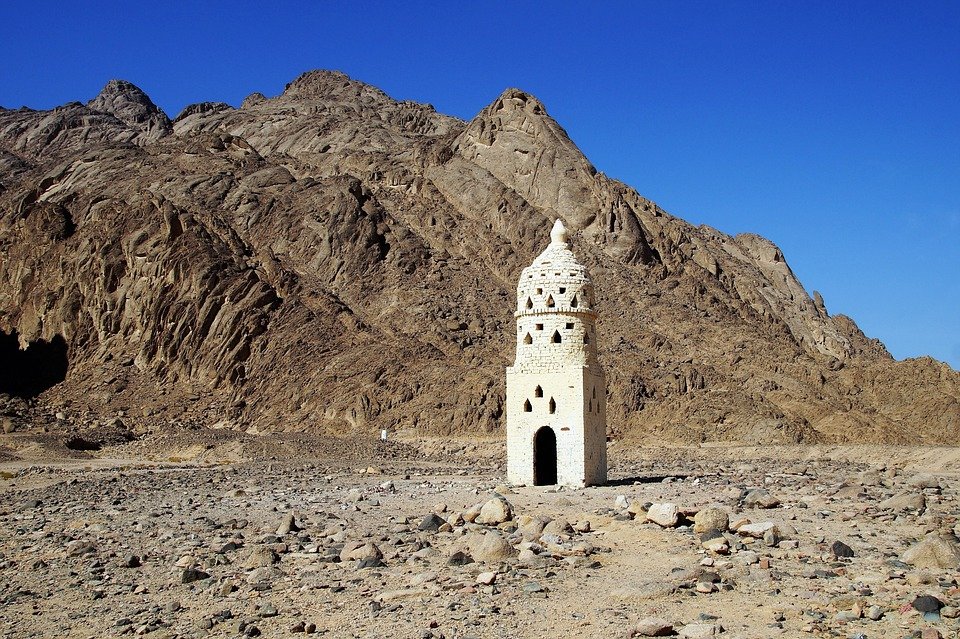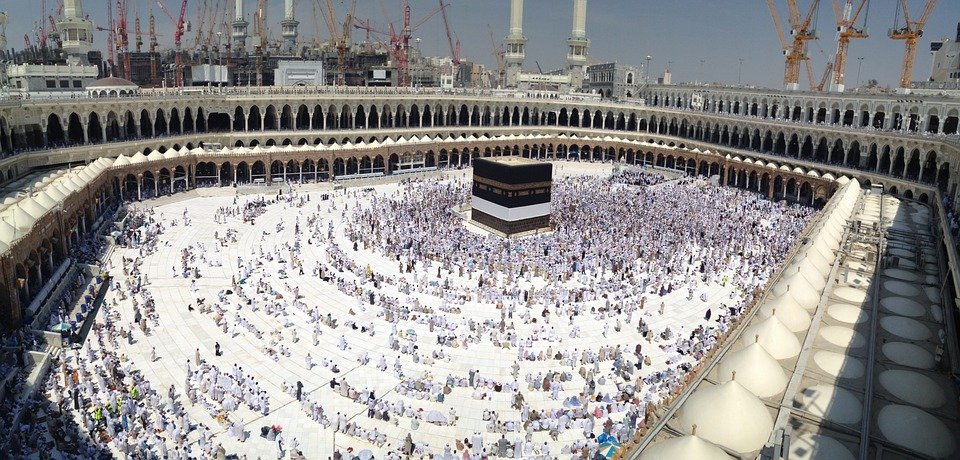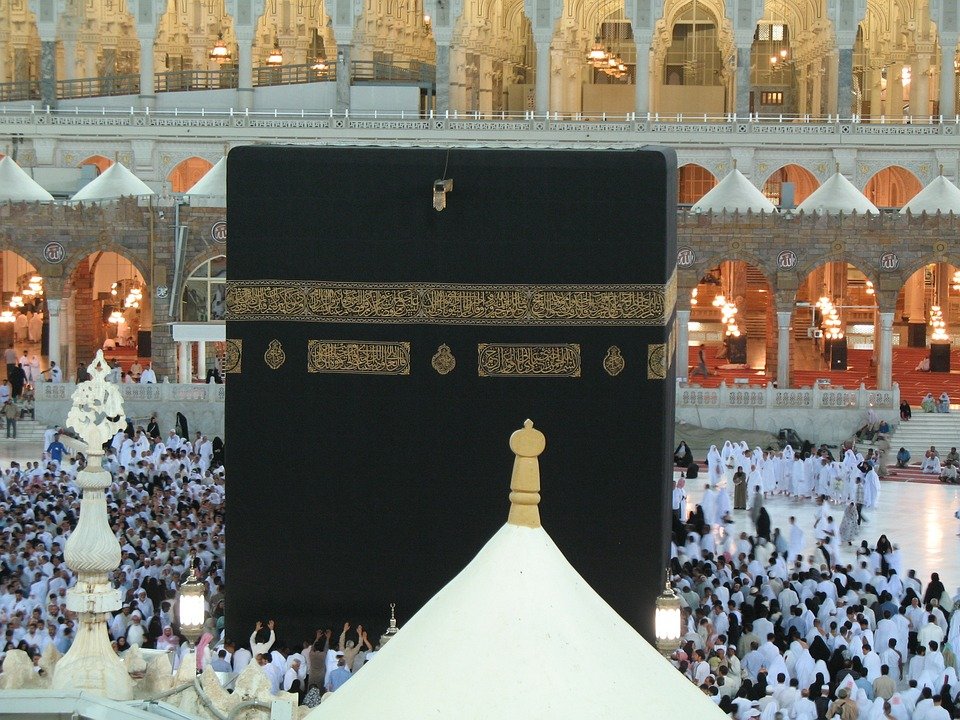In this article, we explore whether Hajj has been stopped before, an intriguing topic that many may not be aware of. Throughout Islamic history, various circumstances have led to interruptions in this significant pilgrimage. I promise you’ll find a comprehensive guide right here, providing insights into these historical disruptions. Understanding the question of “was Hajj stopped before” not only sheds light on our past but also informs our present and future practices.
The significance of exploring whether “Hajj stopped before” lies in its profound implications for millions of Muslims. Each pause in this sacred journey reflects the resilience of faith and the challenges faced by the community. With nine years of experience in the Umrah and travel sectors for Makkah and Madinah since 2016, we feel equipped to guide you through the reasons, impacts, and future insights related to this subject. Our expertise allows us to provide you with valuable information that can enrich your understanding of this vital religious observance.
Hajj Stopped Before: Reasons, Impact, and Future Insights
The Meaning of Hajj
Hajj is a special pilgrimage that Muslims make to the holy city of Makkah, located in Saudi Arabia. It’s a time for spiritual reflection, prayer, and community. This pilgrimage is one of the Five Pillars of Islam. Every year, millions of followers of Islam travel to celebrate their faith. While it’s an incredible experience, we need to acknowledge that Hajj hasn’t always gone smoothly throughout history.
Hajj is not only about physical travel; it’s about connecting with our beliefs, ancestors, and the larger community of Muslims worldwide. Many people consider it a once-in-a-lifetime event, and that makes the experience even more special. When obstacles arise, they can significantly impact those hoping to participate in this important event.
Historical Context: Past Cancellations
There have been moments in history when Hajj stopped or faced major interruptions. One significant event occurred during World War I, when travel was difficult and dangerous. Many people were unable to make the pilgrimage because of ongoing conflicts. The war affected not just regional tensions but also global travel, making it hard for Muslims to gather in Makkah.
Another major interruption took place during the 1979 siege of the Grand Mosque. This violent situation led to a halt in the pilgrimage. Fear and uncertainty swept through the Muslim community, making many hesitant to travel to Makkah. Such events remind us that Hajj, while deeply spiritual, can be influenced by external circumstances beyond individual control.
Reasons for Stopping Hajj
Various reasons have led to the stopping of Hajj in the past. One of the most notable was illness and disease outbreaks. During the 1831 cholera outbreak, many pilgrims fell ill or died. Health officials made the difficult decision to halt the pilgrimage to protect lives. This choice was based on the understanding that the gathering could spread illness even further.
Political unrest can also lead to disruptions. When a country experiences instability, travel can become risky. For example, during the Civil Wars in several nations, many citizens could not venture to Makkah as they were preoccupied with local crises. These events teach us the importance of societal stability and health in allowing people to fulfill such a significant duty.
The Impact of Halting Hajj
When Hajj is stopped, the effects reverberate throughout the globe. The spiritual void left by the cancellation can be particularly hard on Muslims. Many see Hajj as a chance for forgiveness and renewal. When this opportunity is lost, it can create deep feelings of sorrow and longing in the community. It can reduce the sense of belonging that comes with shared experiences.
Economically, a halted Hajj can have significant repercussions. Local businesses around Makkah and Madinah depend primarily on the influx of pilgrims. Hotels, restaurants, and shops experience reduced income during these times. The livelihoods of many are tied to the success of Hajj each year. The cancellation impacts not only those working in the immediate vicinity but also those who rely on travel and tourism in other ways.
Future Insights: Learning from the Past
Looking to the future, we can learn valuable lessons from past events. Understanding the reasons Hajj has been interrupted helps us prepare for potential challenges. For instance, health measures can now be better structured to ensure the safety of pilgrims. The pandemic taught us valuable lessons about global health, reminding us how vital it is to keep our communities safe while respecting cultural practices.
Moreover, international cooperation among nations can provide an essential framework for the pilgrimage. Countries can engage in dialogues to create safer travel options during times of uncertainty. Improved technology also allows for better communication, making it easier for travelers to stay informed about current conditions that could affect Hajj.
The Role of Community
During times when Hajj faces interruptions, communities can come together to provide support. Local mosques can hold events that help maintain a connection among community members. These gatherings can remind us we are not alone in our longing to perform Hajj. Sharing experiences can bring comfort and foster unity, allowing everyone to continue practicing their faith in various ways.
Engaging in community service can also serve as a meaningful alternative to the pilgrimage. While it may not replace the experience of Hajj, it allows for spiritual growth and connection. Helping others in our communities can help bridge the gap until the next opportunity to participate in Hajj arises.
Conclusion: The Future of Hajj
Ultimately, while uncertainties exist, Hajj remains an essential part of the Islamic faith. We must recognize the history of interruptions as we look forward to the future of this significant pilgrimage. By learning from past challenges and fostering cooperation, we can help ensure that future generations have the opportunity to fulfill this beautiful religious duty.
The spirit of Hajj endures. With every challenge we face, we build resilience and wisdom. We come together to support each other, sharing our hopes and yearnings for times ahead. Together, we can shape a future where the pilgrimage thrives and remains accessible to all who yearn to participate.
Mushu, an experienced Saudi Arabia traveler and writer, shares insightful tips and spiritual reflections to enhance Hajj and Umrah journeys for fellow pilgrims. He has been to Makkah and Madina from 2016 to 2023 many times and his posts will reflect this.


